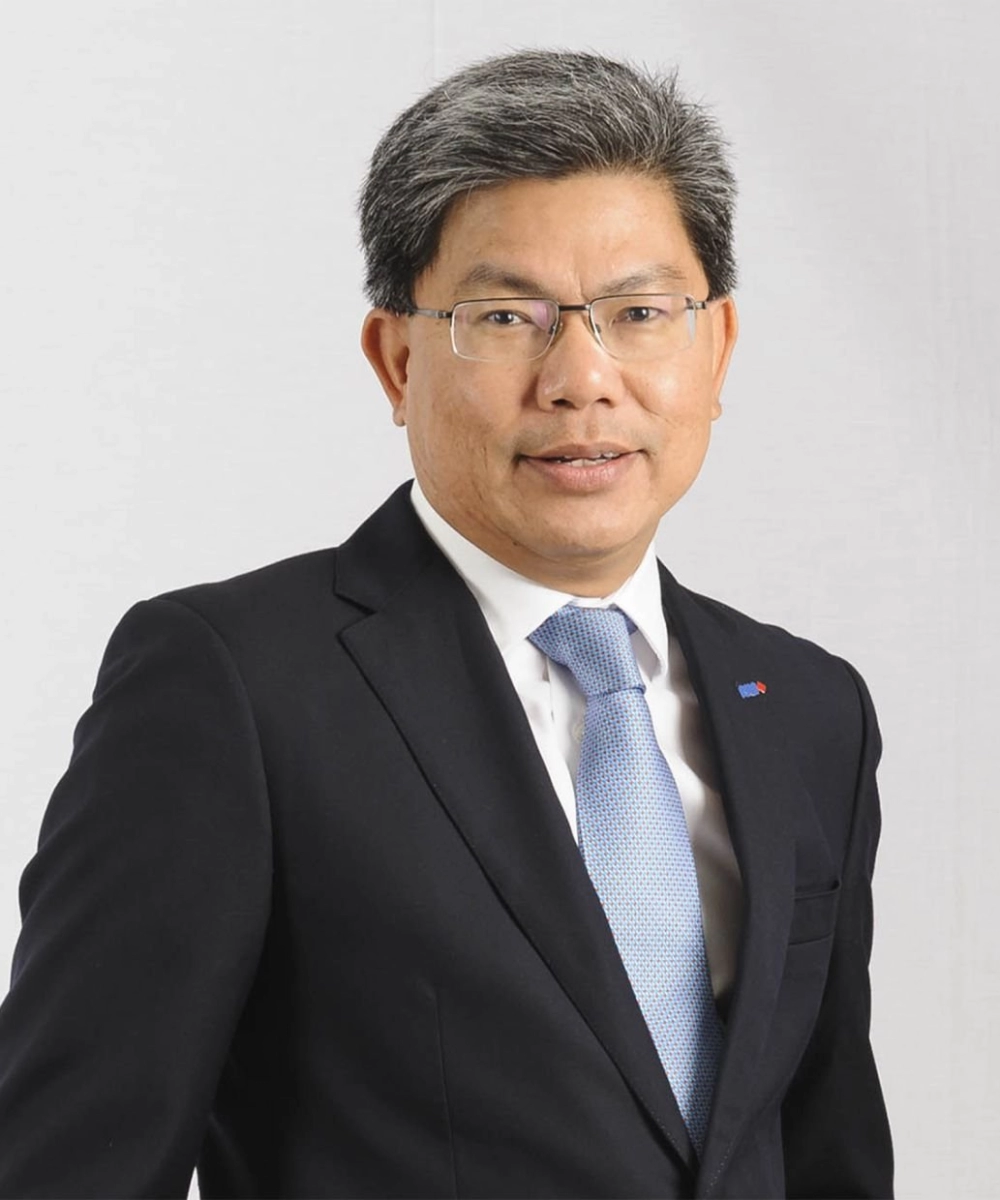MISC focusing on long-term contracts in offshore, LNG segments for earnings sustainability
The move was also aimed at achieving a sustainable level of secured profit, president and group chief executive officer Yee Yang Chien said.
MISC's business strategies remain fundamentally geared towards pursuing long-term sustainability, Yee added.
''Last year, we were able to deliver about US$1.1 billion in new investments, including a new investment project secured early 2020, with the bulk of the efforts in 2019.
''The group's existing long-term contracts would continue to provide earnings resiliency. Our petroleum shipping business's exposure to the volatility of freight rates is reduced by having a larger proportion of our fleet on term charters as compared to spot market,'' he told the New Straits Times recently.
MISC will continue to push forward its growth agenda for this year and confident that projects that are being pursued will be realised.
Yee said MISC's petroleum shipping arm, AET Tanker Holdings Sdn Bhd (AET), would look to attain a good mix of term and spot charters by focusing on more long-term charters and explore expansion opportunities within the niche shuttle tanker to help mitigate any downturn in the cyclical market.
MISC's core businesses are LNG asset solutions, petroleum and product shipping, offshore business as well as marine and heavy engineering.
Yee noted that Moody Investor Service's outlook on petroleum tanker business, a segment which is part of MISC's four core businesses, was rated stable, as tanker rates had benefitted tremendously from the high demand of floating storage.
''However, charter rates are expected to return closer to long-run averages in the second half (2H) of 2020. This is consistent with our views in relation to the unexpected Saudi Arabia-Russia price war which created a spike in tanker spot rates.
''The price war had resulted with sudden flood of low-priced oil in the market, leading to surge in shipping demand. The segment was subsequently supported by high demand for tankers to be used as floating storage amid the slump in global oil demand due to the Covid-19 pandemic,'' he said.
He added that this had positively impacted MISC's petroleum segment results for 1H of 2020 as the high charter rates benefited MISC's tankers operating in the spot market.
About 29 per cent of MISC's petroleum fleet was in the spot market in the first quarter (1Q) of 2020.
Yee said its strategy to achieve a sustainable level of secured profit on the back of long-term contracts placed MISC in a good stead to weather the economic downturn, and subsequently leverage on the oil market recovery over the next few years.
''As such, other than from the recent Gumusut-Kakap arbitration impact, we do not expect MISC's Ebitda (earnings before interest, taxes, depreciation, and amortization) to drop significantly from the economic downturn,'' he said.
MISC was awarded a 15-year firm period contract from Sabah Shell Petroleum Company (SSPC) in November 2012 for the construction and lease of the Gumusut-Kakap semi-floating production system (FPS).
On September 2, 2016, MISC filed a case against SSPC, claiming for outstanding additional lease rates, payment for completed variation works and other costs.
SSPC then filed a counterclaim for alleged defective work and limited functionality of the semi-FPS, among other things.
On April 8 this year, the arbitration award was announced in favour of SSPC.
When asked further on the impact of Covid-19, Yee said MISC's earnings were not severely affected by the pandemic except for its heavy engineering segment.
''Our financial performance continues to remain stable despite the challenging external environment as it is underpinned by long-term contracts particularly from LNG and offshore segments.
''The heavy engineering segment remains committed to focus on resource optimisation and competitiveness, as well as diversifying into new business opportunities, namely onshore and renewable segments,'' he said.
Given the greater global focus on adoption of clean energy, Yee pointed out that long-term prospects for the LNG market post-Covid-19 remained bright.
In addition, he said given the sharp downturn in the oil industry and with the low oil price environment, it was very likely that most of the planned upstream contract awards by oil majors in 2020 would be deferred.
Nevertheless, several FPSO projects in Brazil, one of the target markets for MISC's offshore business, have been resilient compared to other parts of the world.
''Post-Covid-19, the overall oil market is expected to gradually recover over the next few years, and we will be well-positioned for the market recovery.
''The group will continue its business development efforts in the focus regions of Southeast Asia, Middle East and the Americas including Brazil for the offshore business segment.
''One of the long-term trends we see is the shift towards the greater use of low-carbon marine fuels such as LNG. We have already started to explore this trend, for example, through the increase in LNG dual-fuel tankers in our petroleum fleet and tapping the LNG bunkering market,'' he said.
03 Aug 2020



